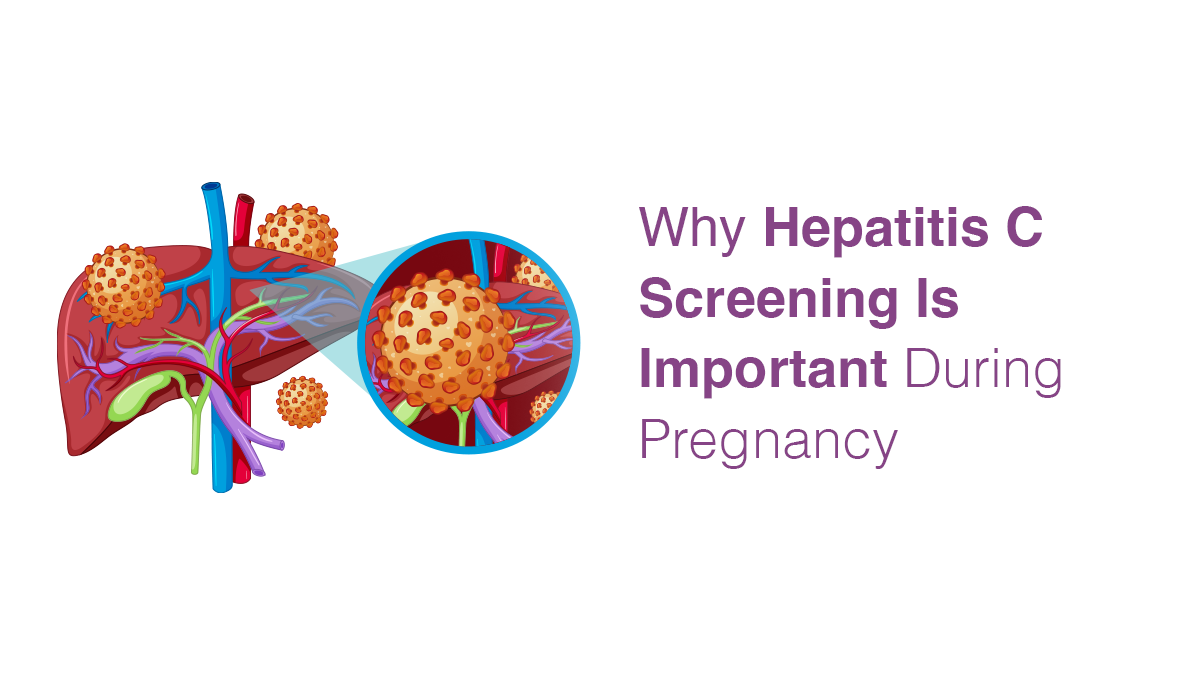
How to Naturally Increase Your Progesterone Levels Without Pills and Supplements?

According to the World Health Organisation (WHO), roughly one in six people worldwide suffer from infertility. Many of these are women who may have hormone imbalances. A balance of reproductive hormones is necessary for a healthy and successful pregnancy, and progesterone is one of the main hormones involved.
What Is Progesterone?
Progesterone is a hormone produced mainly by the ovaries after ovulation. It prepares the uterus for pregnancy, supports implantation, and helps maintain the uterine lining. In the early phase of the menstrual cycle, progesterone levels remain low, but they rise after ovulation to help the body get ready for a possible pregnancy. Beyond reproduction, progesterone also influences your mood, metabolism, and overall hormonal balance, making it essential for women’s well-being
What Does Progesterone Do in Your Body?
After a woman ovulates or releases an egg into the fallopian tube, her ovaries produce progesterone naturally. It’s also known as the pregnancy hormone and is essential for conception and pregnancy. The uterine lining is prepared to receive and hold a fertilised egg through progesterone. In the first few days of a woman’s menstrual cycle, her progesterone levels are low. But when she ovulates, her progesterone levels rise for about 5 days before falling again.
How Does Low Progesterone Affect Your Body?
When progesterone is too low, estrogen can become dominant, leading to hormonal imbalance. The causes of low progesterone may include chronic stress, poor diet, over-exercising, or thyroid dysfunction. Over time, low progesterone can also affect fertility and overall hormonal health.
Symptoms of Low Progesterone Levels
Here are some of the major signs of low progesterone:
- Irregular menstrual cycles that could be late or missing
- Miscarriage
- Infertility
- Pregnancy-related spotting or cramps
Hormone levels, particularly progesterone, also decrease with age. Periods and ovulation may become irregular as a result. If several of these signs persist, it’s essential to test your progesterone levels and seek medical advice.
Natural Ways to Boost Progesterone Levels Without Pills or Supplements
How to boost progesterone naturally? Progesterone levels cannot be raised by a single treatment. On the other hand, some lifestyle changes can influence hormone levels and indirectly show how to raise progesterone levels and menstrual function.
Eat a Healthy Diet
Hormonal balance is supported by foods high in healthy fats, such as avocados, nuts, seeds, and olive oil. Consume foods high in zinc and magnesium. These minerals, which are present in leafy greens, legumes, seafood, and dark chocolate, aid in the body’s production of progesterone. Eat foods high in vitamin B6, including potatoes, chickpeas, and bananas, as they are good sources of vitamin B6, which helps maintain hormonal balance. Integrate foods high in antioxidants, such as broccoli, spinach, and berries, as they can help maintain hormonal balance and preserve the ovaries. These are some of the foods that boost progesterone.
Control Your Stress Levels
Progesterone and cortisol production are in competition when stress levels are high. Engage in relaxation practices such as deep breathing, yoga, or meditation.
Engage in Regular Exercise
To enhance hormonal balance and maintain a healthy weight, moderate activity is recommended; excessive exercise might deplete progesterone.
Keep Your Weight in Check
The equilibrium between progesterone and estrogen can be disrupted due to excess body fat. Focus on achieving a healthy weight by eating a balanced diet and getting regular exercise.
Stay Away from Hormone Disruptors
Reduce your exposure to substances that can disrupt hormone synthesis, such as those found in plastics, insecticides, and cosmetics.
Maintain Your Thyroid Health
Ideal progesterone levels depend on a functioning thyroid. Eat foods like fish, eggs, and Brazil nuts to be sure you’re getting enough iodine and selenium.
Monitor Your Cycle and Adopt Good Sleep Practices
Having regular sleep habits contributes to the preservation of hormonal equilibrium. Try to get between seven and nine hours of good sleep every night.
You may boost reproductive and general health by encouraging your body to create enough progesterone by putting these natural measures into practice.
Supporting Overall Hormonal Health
One of the main advantages of keeping progesterone levels in check is that it supports general hormonal health. Progesterone is essential for maintaining hormonal balance in the body because it balances estrogen, preventing either hormone from taking over and possibly causing problems like estrogen dominance. Maintaining a healthy pregnancy, encouraging fertility, and controlling the menstrual cycle all depend on this balance.
Progesterone affects hormonal health in ways that go beyond reproductive health. By interacting with neurotransmitters, it promotes emotional well-being, lessens anxiety or irritation symptoms, and stabilises mood. Progesterone also helps to lower inflammation in the body and promotes thyroid function, which is critical for energy balance and metabolism.
Additionally, enough progesterone levels can improve the quality of sleep by enhancing the hormone’s soothing effects on the brain. By affecting calcium absorption and preserving healthy blood vessels, it even promotes cardiovascular and bone health. Balanced progesterone levels support various physiological functions and maintain general hormonal health and wellbeing.
Nutrients That Boost Progesterone
A nutrient-rich diet is one of the best ways to support hormone production. Here are some foods that increase progesterone naturally:
- Vitamin B6: Found in bananas, chickpeas, and potatoes; helps balance hormones.
- Magnesium: Present in leafy greens, nuts, and seeds; supports progesterone synthesis.
- Zinc: Found in legumes, seafood, and dark chocolate; vital for ovulation and fertility.
- Healthy fats: Avocados, olive oil, and nuts help stabilize hormone levels.
- Antioxidant-rich foods: Berries, broccoli, and spinach protect the ovaries from oxidative stress.
These nutrients help your body maintain natural progesterone production without needing supplements.
When to Seek Medical Advice?
Low progesterone levels may be the cause of repeated miscarriages, problems conceiving, or persistently irregular menstrual periods. Severe premenstrual symptoms (such as migraines or mood swings), inexplicable exhaustion, reduced libido, weight gain, or mood changes are further indicators. Pregnancy-related spotting or cramps may also indicate that there is not enough progesterone to maintain the uterine lining. It is crucial to seek medical help in these situations. To restore balance and promote reproductive health, a healthcare professional can assess your hormone levels, spot underlying problems, and suggest suitable treatments including medication, lifestyle modifications, or hormonal therapy.
Conclusion
Progesterone balance is essential for general hormonal health, fertility, and overall wellbeing. If you encounter any symptoms, consult our fertility specialists from an Oasis Fertility Clinic near you immediately, who can help pinpoint the underlying cause and direct you towards efficient therapies that can bring your hormones back into balance. Additionally, you can also use our live chat facility or call 1800-3001-1000 for more information.


fill up the form to get a
Free Consultation
Avail 0% interest on EMI
All Procedures | No Upper Limit
Frequently Asked Questions
What happens when progesterone is high?
What happens if progesterone is low?
What is a normal progesterone level?
What does progesterone do in females?
How can a person increase progesterone levels quickly?
Which drinks increase progesterone?
What vitamins are good for low progesterone?
How we reviewed this article:
- Current Version
- December 3, 2025 by Ajay Sharma
- August 14, 2025 by Oasis Fertility
- March 10, 2025 by Oasis Fertility
- January 17, 2025 by Oasis Fertility
- January 13, 2025 by Oasis Fertility






